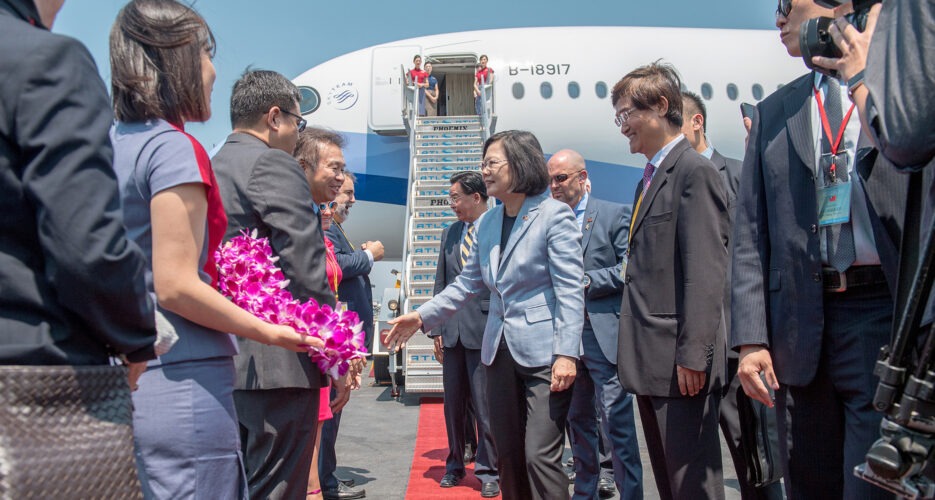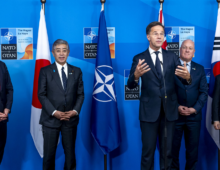Indirect aid would align Seoul with other liberal democracies, but memories of Chinese economic retaliation linger
From Beijing’s point of view, U.S. President Joe Biden’s recent visit to South Korea was concerning. For one, South Korean President Yoon Suk-yeol committed his country to joining the Indo-Pacific Economic Framework for Prosperity, despite China’s deep misgivings. Seoul and Washington also agreed to beef up their combined defense capability via expanded military exercises.
Significantly, Taiwan came up during the two leaders' joint press conference as well: Biden said he and Yoon were committed to “promoting stability across the Taiwan Straits as well; and ensuring freedom of navigation, including in the South China Sea and beyond.”
From Beijing’s point of view, U.S. President Joe Biden’s recent visit to South Korea was concerning. For one, South Korean President Yoon Suk-yeol committed his country to joining the Indo-Pacific Economic Framework for Prosperity, despite China’s deep misgivings. Seoul and Washington also agreed to beef up their combined defense capability via expanded military exercises.
Significantly, Taiwan came up during the two leaders' joint press conference as well: Biden said he and Yoon were committed to “promoting stability across the Taiwan Straits as well; and ensuring freedom of navigation, including in the South China Sea and beyond.”
Get your
KoreaPro
subscription today!
Unlock article access by becoming a KOREA PRO member today!
Unlock your access
to all our features.
Standard Annual plan includes:
-
Receive full archive access, full suite of newsletter products
-
Month in Review via email and the KOREA PRO website
-
Exclusive invites and priority access to member events
-
One year of access to NK News and NK News podcast
There are three plans available:
Lite, Standard and
Premium.
Explore which would be
the best one for you.
Explore membership options
© Korea Risk Group. All rights reserved.
No part of this content may be reproduced, distributed, or used for
commercial purposes without prior written permission from Korea Risk
Group.












